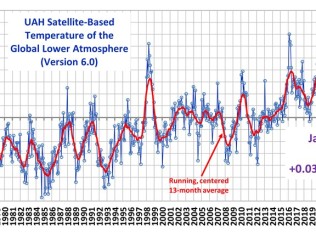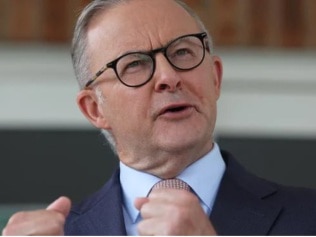MORE DOUBTS OVER PELL CASE: PAUL KELLY AND GUY RUNDLE
George Pell's conviction on child sex abuse has been questioned by me, Frank Brennan, Greg Craven, John Silvester, George Weigel, Miranda Devine, Peter Wales, senior lawyers, Tess Livingstone and even Guy Rundle. Now Paul Kelly writes a must read summation: "Did Pell get a fair trial? The implausibility of the evidence raises serious doubts."
George Pell's conviction on child sex abuse has already been questioned by me, Frank Brennan, Greg Craven, John Silvester, George Weigel, Miranda Devine, Peter Wales, senior lawyers, Tess Livingstone and even Guy Rundle.
Surely some of the commentators and activists who have been so savagely celebrating Pell's fall, and so eager to vilify me for explaining my doubts about the verdict, will pause and ask if something really did go wrong in this case, after all. Can so many people from both sides of the political spectrum really have no reason for doubting - and for risking such hatred to say so?
Surely there's no pride to be won in joining a mob and being unjust?
Now Paul Kelly writes a must-read summation:
Did Pell get a fair trial? The implausibility of the evidence raises serious doubts.
Read it all, but here's an extract:
The former choirboy who gave evidence said the abuse occurred immediately after Pell celebrated mass at St Patrick’s Cathedral in 1996 just after he became archbishop of Melbourne. The complainant’s evidence is that the two choirboys had left the liturgical procession and gone to the sacristy, where they began drinking the church wine.
Pell arrived suddenly, censured them and then, with the sacristy door open, people passing in the corridor, and still in his heavy mass vestments including the alb, a long secured vestment without front buttons or zipper, proceeded to sexually assault the boys, whom he did not know, in an extremely brief period of time. There was no witness to support the complainant. The former choirboy’s evidence was given in secret. Brennan called the entire scenario “incredible”.
Richter said: “Who in their right mind would do it? Did the archbishop have some kind of mental breakdown? Who would take the risk?” Richter had a rich field on which to plough — highlighting the inconsistencies and improbabilities in the account. Does this meet the test of “beyond reasonable doubt”?
The proposition, in effect, is that Pell was a brutal, opportunistic and reckless hypocrite campaigning against sexual abuse, devising the church’s Melbourne Response, but being a predator himself, a predator who ignored the usual “rules” of grooming and engaged in the most grotesque betrayal of everything his life as a church leader represented in the improbable location of the sacristy of St Patrick’s within minutes of the end of Mass.
There is nothing in Pell’s life and character to sustain such a judgment.
But against Pell is a two-decade campaign of hatred and vilification of not just him but the church he represented:
Pell cannot escape responsibility for the failures of the church but the sustained visceral hostility towards Pell transcends institutional accountability. The vile hatred towards him is worse than displayed towards a serial killer. Veteran lawyers said privately they had never seen anything like it in their careers.
And Gerard Henderson is surely correct - and Ray Hadley wrong:
This is what Ray Hadley had to say concerning John Howard and Tony Abbott — as published by 2GB:
"A jury has found the cardinal guilty of five offences against two young boys back in the 1990s. Pell is appealing the verdict, with some claiming it was a witch hunt based on hearsay. But Ray is reminding everyone that the jury, the judge and the lawyers are the only people who have heard the victim’s testimony. This led the judge, not the jury, to describe Pell’s offences as, “callous, brazen offending, blatant offending exploiting two vulnerable boys.”
"Ray has taken aim at Mr Abbott and Mr Howard in particular."...
Ray Hadley’s comment contains errors.
▪ The judge who made the comment concerning George Pell did so on account of the fact that the jury reached a verdict of guilty. That’s all. If George Pell wins on appeal, the same judge would not make this statement. To suggest otherwise is misleading and indicates a misunderstanding of criminal law.
▪ The reason there is a court of appeal in criminal cases turns on the fact that juries sometimes make mistakes.





